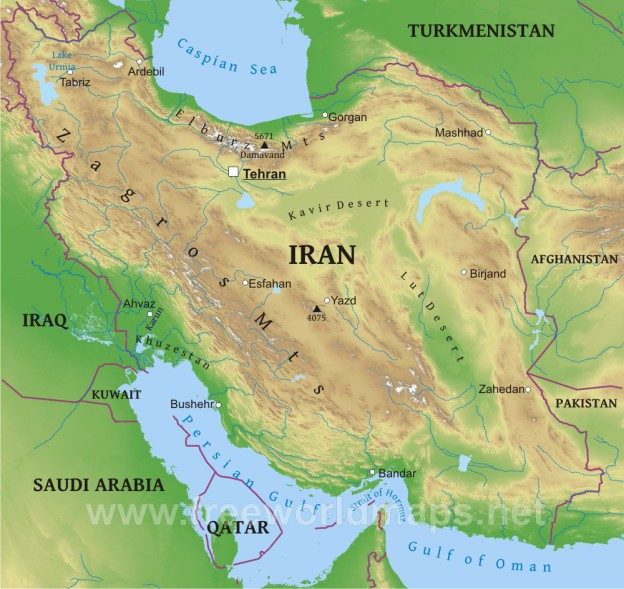Iran: A call for patience

To the surprise of few and yet to the chagrin of many, negotiations in Iran have failed to reach a fortuitous conclusion within the initial six month time frame agreed upon by Tehran, Brussels, Washington, and others.
The preliminary period allotted to the negotiations had initially been looked at promising, ideal and even, perhaps, unnecessarily generous in its timeframe for the sides to come to terms on a historic agreement that would have had significant implications across the board.
However, with rumors of the negotiations faltering and the overall toward the negotiations dwindling, foreign ministers were dispatched from Washington and Brussels to attempt to resuscitate a series of talks that, like many preceding negotiations, was fast declining and at risk of expiring. The attention paid to the negotiations by John Kerry and Katherine Ashton seems not to have had the desired effect. Statements emanating from Tehran and Washington bemoaned the difficult nature of reaching an agreement that has no historical precedent, especially one that concerns itself just as much with the minutia of the agreement itself as it does the forty years of animosity that have characterized relations between Tehran and the West. The July 14 deadline soon proved impossible for the sides to deliver anything substantive, and, quickly, became a launching pad for another agreement, this one concerning an extension, that will permit the P5+1 and its Iranian counterparts an additional four months to furnish, or not, a lasting deal.
The extension does little worthy of mention, though Western optimists will doubtless point to the one minor concession garnered from the deal, this being Iran’s agreeing to convert the other 50% of its up-to-20% enriched uranium into fuel. Washington pessimists, mostly on the right side of the aisle, are not convinced by the deal’s lack of punch, calling it toothless, and an agreement which will, ostensibly, allow Iran to work further towards its alleged nuclear program. The same opponents of engagement with Iran have been quick to levy blame on the Obama administration, and insisting that stricter sanctions be enacted in order to persuade Iran to behave. Surely, this logic insists, that despite many years of increasingly comprehensive, even surgical sanctions failing to achieve an Iranian nuclear capitulation, then now, with more at stake than has been in 40 years, the Iranians will listen to us.
The reality of this situation is not so simple. Indeed, it is frustratingly complex to the extent that it could drive the most perspicuous observer mad. Reaching an agreement will take time. The six month timeline, whilst initially extolled as the perfect amount of time to reach an agreement, is simply not enough to address and heal old wounds, and deliver a deal that would, in essence, bury 40 years of enmity and deliver the Obama administration its only major foreign policy victory thus far. The mere fact that such a deal would allow the incumbent American president such an accomplishment behooves his administration to lobby other powers to grant their negotiators more time, and allow the two sides to better understand and come to terms with each other’s demands. It could very well be that these talks, like the 2009 talks, are doomed to fail, and the extension merely a way for Iran to get back more of its previously frozen assets. Nevertheless, with Iran speed belies progress, and great patience will be required.
Eric Wheeler